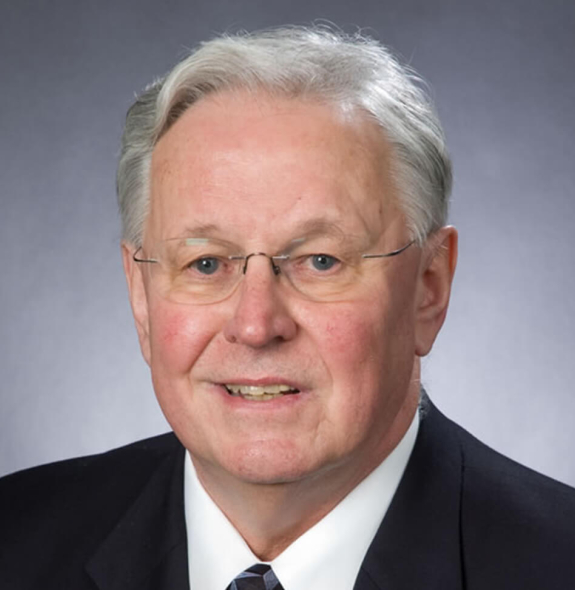Faculty & Scientific Staff

Background Information
Dr. Wight completed his undergraduate degree at the University of Maine and his PhD in zoology at the University of New Hampshire. Following his postdoctoral training in the Department of Pathology at the University of Washington (UW) in Seattle, he moved back to New England to become an assistant professor in cell biology at the University of New Hampshire. He rejoined the Department of Pathology at UW in 1979 and was promoted to Full Professor in 1988. In 2004, he joined the Benaroya Research Institute at Virginia Mason (BRI) to begin a program in matrix biology.
Dr. Wight has been named an Established Investigator of the American Heart Association, served on National Institutes of Health and American Heart Association study sections, as well as on several editorial boards. Dr. Wight is a founding member of the International Society of Hyaluronan Sciences and he served as Chair of the Proteoglycan Gordon Conference in 2008. His research focuses on the role of proteoglycans in regulating cell phenotype and extracellular matrix assembly in immunity and inflammation. He has published over 350 articles on proteoglycans and hyaluronan. He was the director of the Matrix Biology Program at BRI from 2004 to 2020. He currently serves as an Emeritus Faculty Member at BRI and an Affiliate Professor of Pathology at the UW School of Medicine.
Area Of Research
Dr. Wight’s research focuses on the role of hyaluronan (HA), versican and other proteoglycans in the regulation of cell phenotype and extracellular matrix assembly in a variety of diseases including atherosclerosis, cancer, and more recently, asthma and autoimmune diseases such as type 1 diabetes and rheumatoid arthritis. A current focus of his research is to explore mechanisms of how the extracellular matrix and its components, such as hyaluronan and versican, regulate immune cell phenotype and inflammation.




